 |
 |
 |
 |
 |
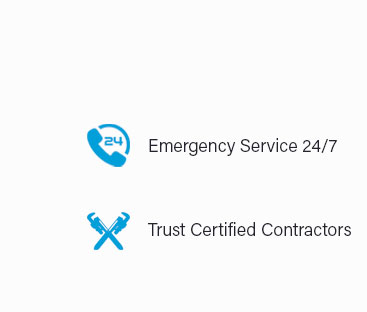 |
 |
 |
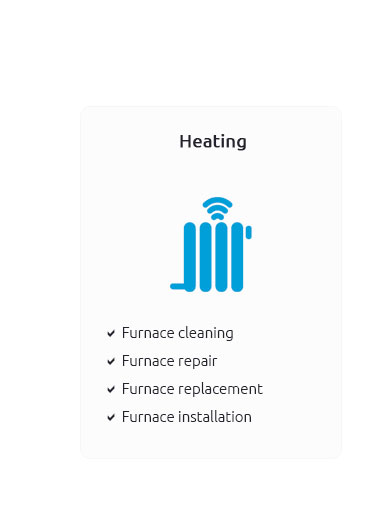 |
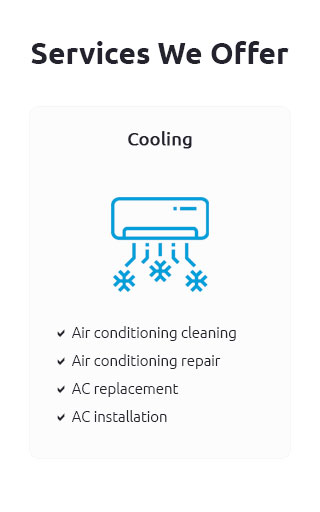 |
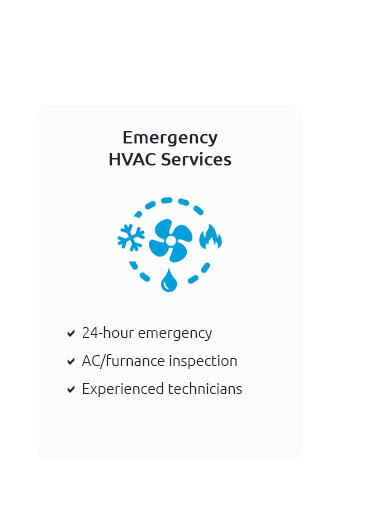 |
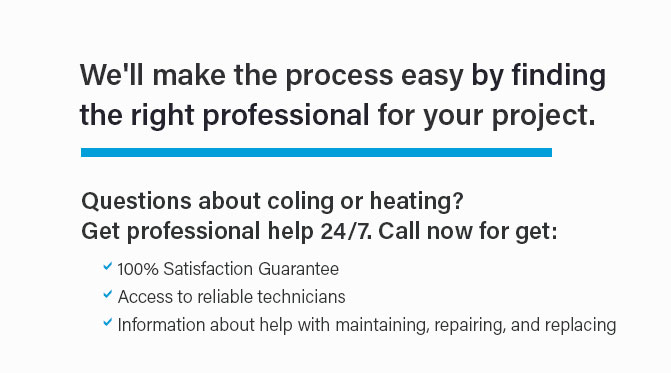 |
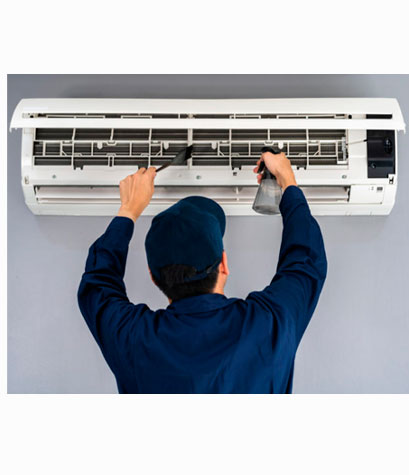 |
 |
 |
 |
Replacing Central Air Conditioner: A Comprehensive Guide for HomeownersReplacing a central air conditioner is a significant investment that requires careful consideration and planning. This guide will walk you through the process, offering valuable insights and tips to ensure a smooth transition. Why Replace Your Central Air Conditioner?There are several reasons why you might consider replacing your central air conditioner. These include improved energy efficiency, better cooling performance, and a reduction in repair costs.
Steps to Replace Your Central Air Conditioner1. Evaluate Your Current SystemBegin by assessing the condition of your current system. Check for frequent breakdowns, unusual noises, or inconsistent cooling. These are signs that a replacement may be necessary. 2. Research and Choose a New UnitConsider factors like energy efficiency, size, and budget. Look for units with high SEER ratings for optimal efficiency. Consulting with a professional can help you make an informed decision. For more detailed guidance, visit home hvac installation. 3. Hire a Professional InstallerIt's essential to hire a licensed and experienced professional to install your new system. Proper installation ensures maximum efficiency and longevity of the unit. Frequently Asked QuestionsHow often should a central air conditioner be replaced?Typically, central air conditioners last between 10 to 15 years. However, if you experience frequent repairs or inefficiencies, consider replacing sooner. What is the cost of replacing a central air conditioner?The cost can vary widely based on the size of the unit and installation complexity, typically ranging from $3,000 to $7,000. Maintaining Your New Air ConditionerOnce your new system is installed, regular maintenance is key to its longevity. Change filters regularly, schedule annual professional inspections, and keep the outdoor unit clear of debris. For more tips on maintaining your heating and cooling systems, check out heating repair paramount. In conclusion, replacing your central air conditioner can greatly enhance your home's comfort and energy efficiency. By following these steps and consulting with professionals, you can ensure a successful replacement process. https://www.petro.com/resource-center/when-to-replace-your-central-air-conditioning-system
Most systems aren't meant to last for much more than ten years. Ideally, it should be energy-efficient, while maintaining optimal comfort in every part of the ... https://draftcontrolhvac.com/the-air-conditioner-replacement-process-what-to-expect/
The technician will turn off the power to your old unit and then drain any refrigerant from it before actually taking it apart. Once the old unit is removed, ... https://www.hvac.com/expert-advice/cost-of-a-new-central-air-conditioner/
Average New AC Unit Costs ... The average cost of installing a new central air conditioner in 2024, including equipment and labor costs, is $5,750 ...
|